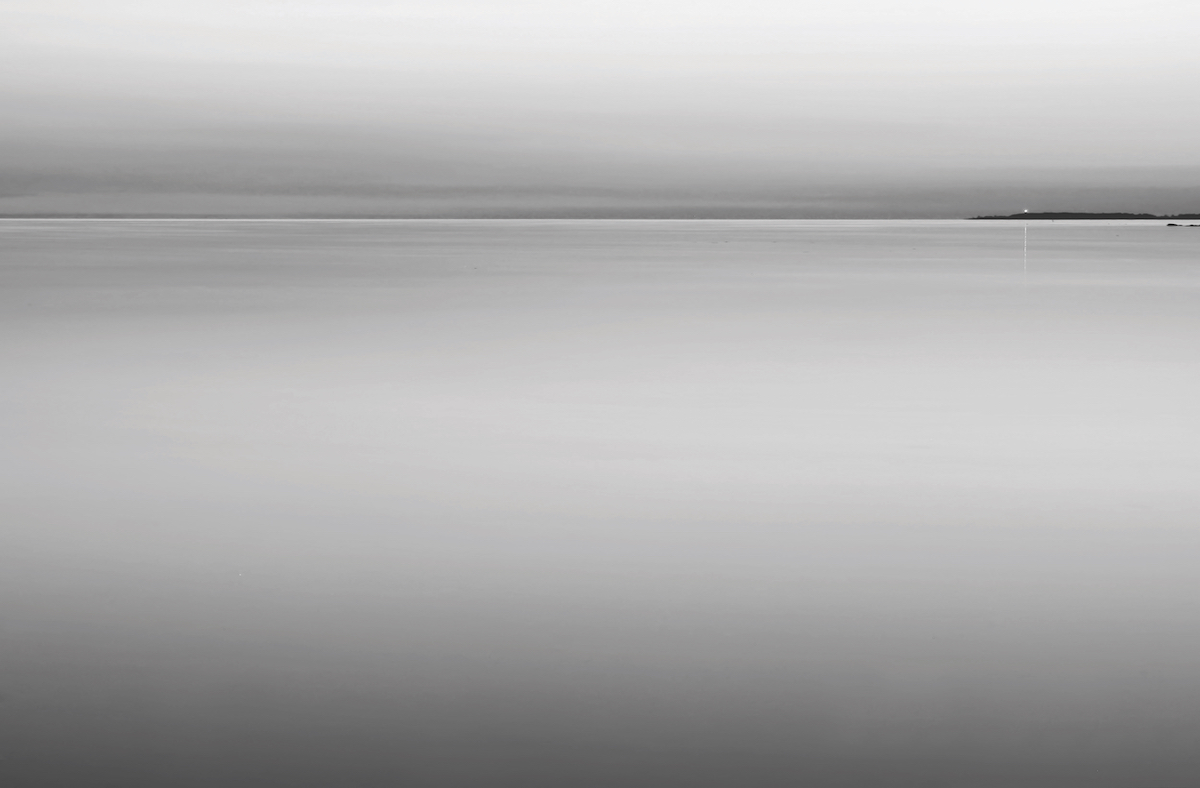Speaking at the launch of the bookstore, The Commune, in Braamfontein 2019, Johannesburg, academic and poet, Danai Mupotsa shared how so many of our conversations are saturated by conversations about hate. Speaking in the context of colonial education, Mupotsa continued to share the ways in which we are taught in ways that are very violent. Mupotsa challenged us to think about conversations about love and what it would mean to love in ways that give political freedom: “I love you in such a way that gives you your freedom”.
